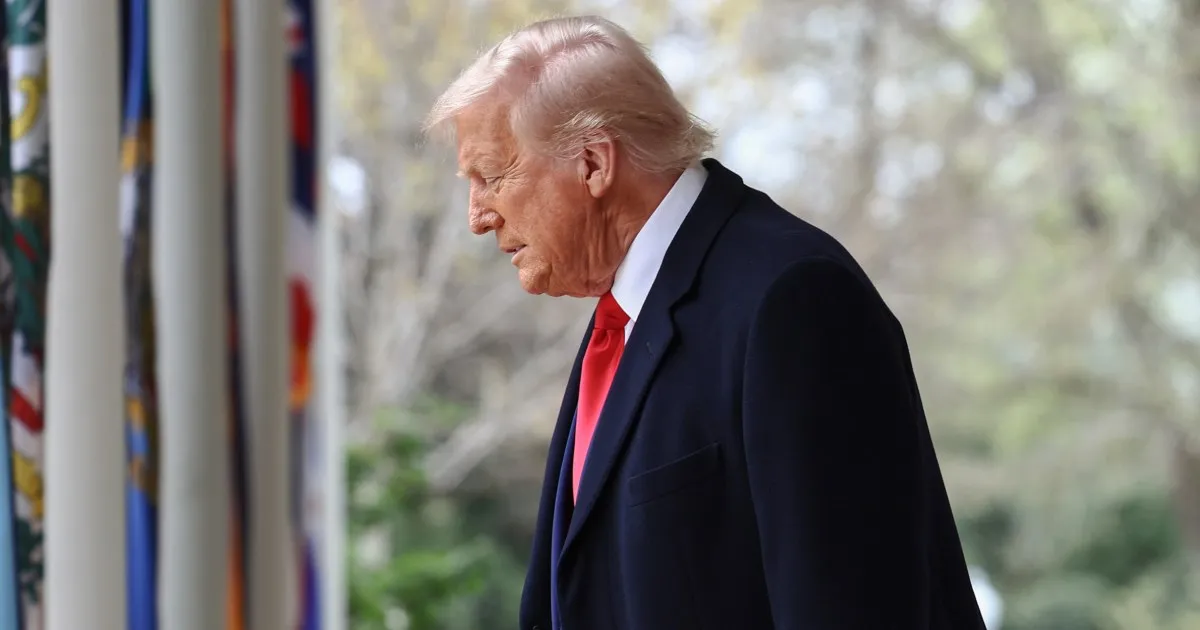
On Thursday, the Supreme Court announced that it will hear oral arguments next month regarding the Trump administration's controversial proposal to end automatic birthright citizenship. This hearing will take place amid ongoing litigation concerning the enforcement of the policy. Currently, the Supreme Court has deferred action on an emergency request made by the Trump administration, which sought to narrow the scope of nationwide injunctions imposed by various judges across the country. As it stands, the policy remains blocked nationwide.
During the scheduled arguments on May 15, the Supreme Court will evaluate whether judges exceeded their authority when they issued these nationwide injunctions. It's important to note that the Trump administration's emergency application does not delve into the legal merits of the birthright citizenship proposal but focuses solely on the question of judicial authority to impose such a hold across the entire nation.
President Donald Trump and his MAGA allies have been vocally critical of judges who have obstructed various aspects of his agenda. They argue that the issuance of nationwide injunctions is an overreach of judicial authority. However, it is worth mentioning that this practice is not new; courts have historically imposed nationwide injunctions, and it is widely accepted by legal scholars, regardless of political affiliation, that the 14th Amendment of the Constitution grants automatic citizenship to nearly all individuals born in the United States.
The 14th Amendment explicitly states, “All persons born or naturalized in the United States, and subject to the jurisdiction thereof, are citizens of the United States.” The only recognized exception to this rule includes children of diplomats. The Trump administration's proposal seeks to redefine the interpretation of this language, suggesting that citizenship should only be conferred upon individuals whose parents are U.S. citizens or permanent residents.
Trump's executive order, which was issued on his first day in office in January, faced immediate legal challenges. To date, every court that has addressed this proposal has ruled against it, blocking its implementation. The cases currently under review by the Supreme Court originated from judicial actions in Maryland, Massachusetts, and Washington State. In court documents, acting Solicitor General Sarah Harris argued that the judges lacked the authority to issue nationwide injunctions and that the states involved in the lawsuits did not possess legal standing.
The Trump administration's plan has garnered support from 21 other states, indicating a significant political dimension to the ongoing debate over birthright citizenship. As the Supreme Court prepares to hear these crucial arguments, the implications of their decision could have lasting effects on immigration policy and citizenship rights in the United States.